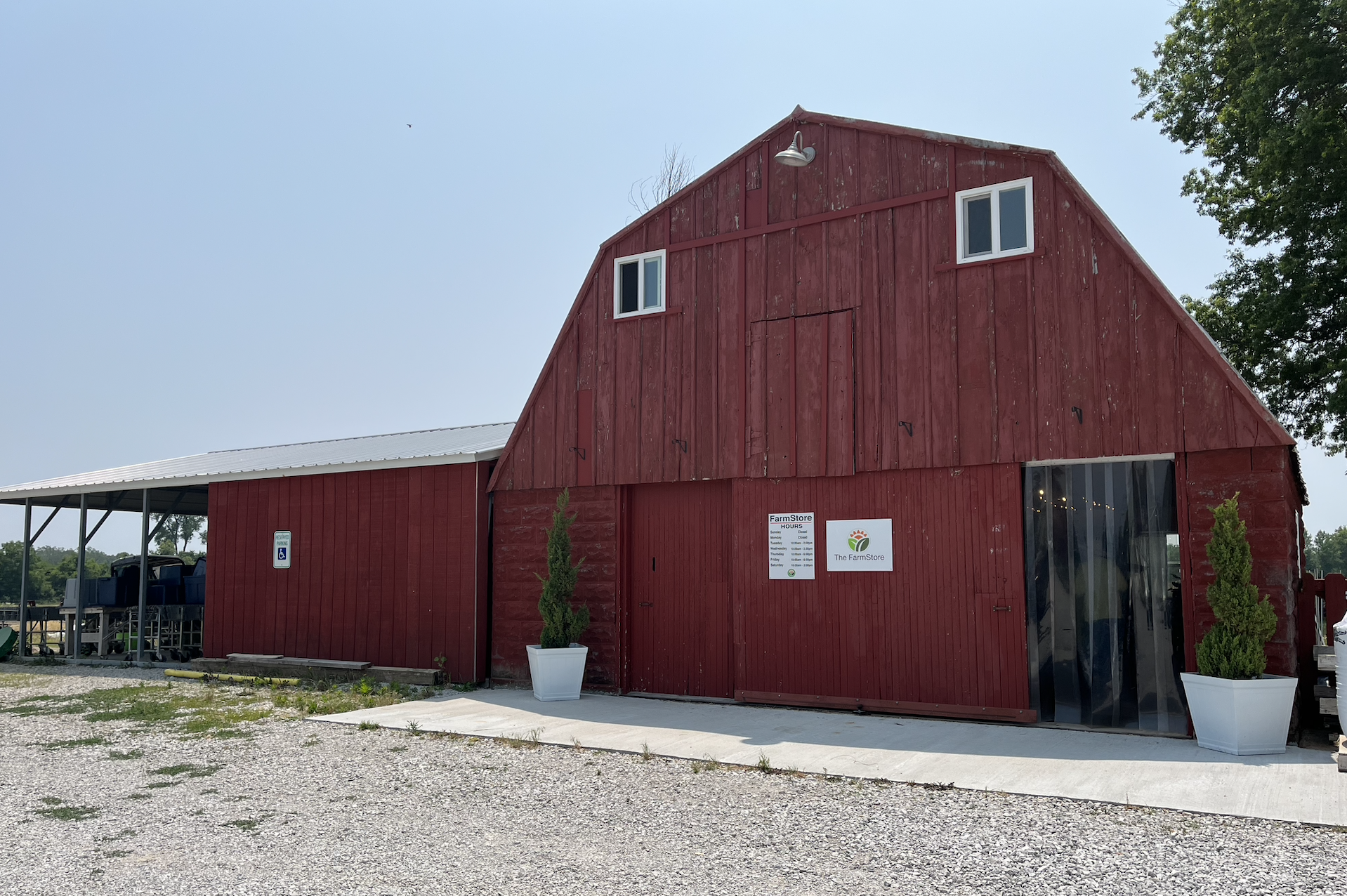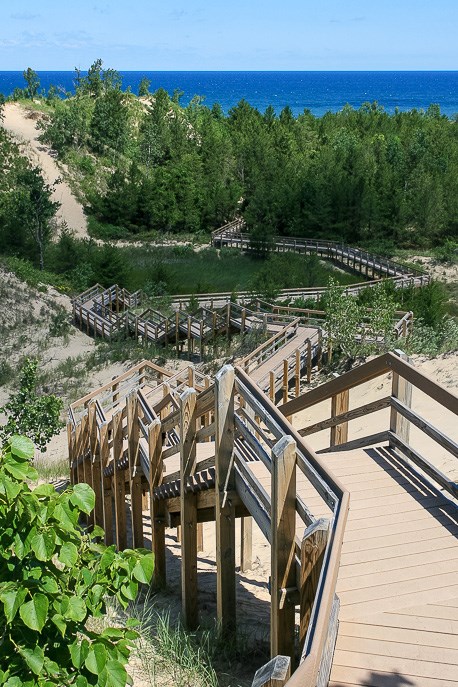Current Projects
A Service-oriented Local Food Value Chain for Small Farms: Aligning Small Farms, Food Services, and Consumers
 The project adapts the service-dominant logic framework and examines a service-oriented strategy to strengthen small farms – commercial food services – consumer linkages to enhance the local food value chain and increase the profitability of small farms located close to an urban hub. The goal of this project is to adapt and examine a paradigm shift of the local food value chains from traditional food production to service production. The objectives are to: 1) evaluate consumers’ awareness, attitudes, expectations, and willingness to pay related to local food dining consumption; 2) engage both small-sized farmers (in rural Illinois and Missouri) and full-service restaurants in the Greater St. Louis Area to assess the challenges, barriers, and opportunities of distributing and sourcing local food; and 3) strengthen the service-oriented local food value chains by developing an Extension program targeting small farmers and restaurants in the Greater St. Louis Area and enhancing an existing coalition network to facilitate collaborations between small farms and restaurants, which helps to provide consumers with quality local food dining services.
The project adapts the service-dominant logic framework and examines a service-oriented strategy to strengthen small farms – commercial food services – consumer linkages to enhance the local food value chain and increase the profitability of small farms located close to an urban hub. The goal of this project is to adapt and examine a paradigm shift of the local food value chains from traditional food production to service production. The objectives are to: 1) evaluate consumers’ awareness, attitudes, expectations, and willingness to pay related to local food dining consumption; 2) engage both small-sized farmers (in rural Illinois and Missouri) and full-service restaurants in the Greater St. Louis Area to assess the challenges, barriers, and opportunities of distributing and sourcing local food; and 3) strengthen the service-oriented local food value chains by developing an Extension program targeting small farmers and restaurants in the Greater St. Louis Area and enhancing an existing coalition network to facilitate collaborations between small farms and restaurants, which helps to provide consumers with quality local food dining services.
Impacts of Fees on Visitors and Residents in Indiana Dunes National Park
 Pricing user fees on public lands has been controversial and challenging and lacks systematic guidelines to design an efficient and equitable fee structure. However, research focusing on equitable prices for public goods in the field of tourism and leisure is limited. The purpose of this study is to evaluate Indiana Dunes National Park’s user fees from the perspective of visitors and residents of surrounding communities to determine the optimal fee structure that balances revenue generation and equitable access. Specifically, this study examines (1) what factors determine visitors’/residents’ reference prices and (2) how visitors and surrounding community residents differ in terms of the relationships between reference prices and their determinants. The study uses a mixed-methods design including interviews and surveys with both visitors and residents of surrounding communities.
Pricing user fees on public lands has been controversial and challenging and lacks systematic guidelines to design an efficient and equitable fee structure. However, research focusing on equitable prices for public goods in the field of tourism and leisure is limited. The purpose of this study is to evaluate Indiana Dunes National Park’s user fees from the perspective of visitors and residents of surrounding communities to determine the optimal fee structure that balances revenue generation and equitable access. Specifically, this study examines (1) what factors determine visitors’/residents’ reference prices and (2) how visitors and surrounding community residents differ in terms of the relationships between reference prices and their determinants. The study uses a mixed-methods design including interviews and surveys with both visitors and residents of surrounding communities.
Effects of Fees on National Park Visitors’ Perceptions and Behaviors Utilizing a VR Experiment
 This project examines the impacts of entrance fees on national park visitors’ perceptions and behaviors during a park visit. In collaboration with the UIUC Department of Computer Science, this research develops a virtual reality experience and conducts a randomized experiment.
This project examines the impacts of entrance fees on national park visitors’ perceptions and behaviors during a park visit. In collaboration with the UIUC Department of Computer Science, this research develops a virtual reality experience and conducts a randomized experiment.
I-Rural: Reimagining Illinois Rural Tourism through Community and Extension Collaboration
Rural communities in Illinois face an increasing demand by tourists for outdoor recreation activities. This growth in demand presents an opportunity for rural Illinois communities to reimagine rural tourism and sustainable development strategies that align with the communities’ values and priorities, advance local workforce development, support local entrepreneurship, and foster collaboration among rural communities across the state. The goal of this project is to identify the challenges and opportunities present in Illinois communities that seek to develop rural tourism and understand tourists’ motivations and constraints to engaging in rural tourism in Illinois. The project will focus on four rural Illinois communities (Grafton, Havana, Savanna, and Galena).
Media report of the project:
An Investigation of the Success Factors of Tax Referendum to Fund Public Park
Public referenda are of great importance for local parks to carry out their conservation, education, and outdoor recreation missions, which have been considered essential for community health, particularly amid the pandemic. In the fall of 2020, Champaign County Forest Preserve District (CCFPD) campaigned for a ballot measure to increase property tax to allow more funds for maintaining and improving preserved lands in Champaign County. The referendum was passed with 57% support from county voters. The purpose of this project is to examine CCFPD’s 2020 referendum campaign to identify elements of the campaign that secure support from voters. Specifically, the project aims to understand what factors or types/elements of messages contribute to the campaign’s success. The study will conduct in-depth interviews with the campaign committees, CCFPD staff, interest groups involved in the campaign, and Champaign County residents, supplemented by a content analysis of campaign materials/social media posts. Insights gained through this project can be invaluable for similar ballot initiatives for park conservation and outdoor recreation.
Fee Increase Messaging and Value Orientation in the Context of Public Recreation Services
Tax-based appropriations for local public leisure services have become increasingly tight. To increase cost recovery, public park and recreation agencies have elevated current fees or implemented new fees to diversify revenue streams. However, fee increases are likely to arouse resistance among users. To alleviate user resistance, many local park and recreation agencies provide additional information to communicate potential outcomes associated with fee increases. Despite the pervasive usage of such fee increase messages, their effectiveness is not well understood. This project proposes two types of fee increase messages, describing benefits to the wider community and to individual users, as a means of potentially altering individuals’ fee perceptions and alleviating adverse responses. The purpose of this research is to (a) examine individuals’ reactions towards these two types of fee increase messages, and (b) to determine whether such responses would vary with individuals’ value orientations.